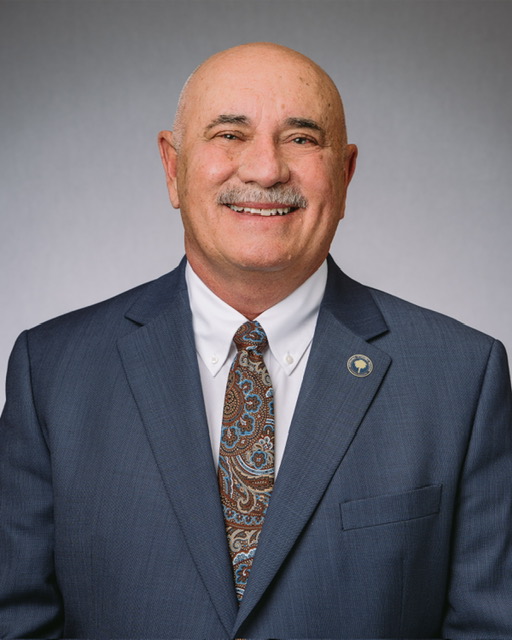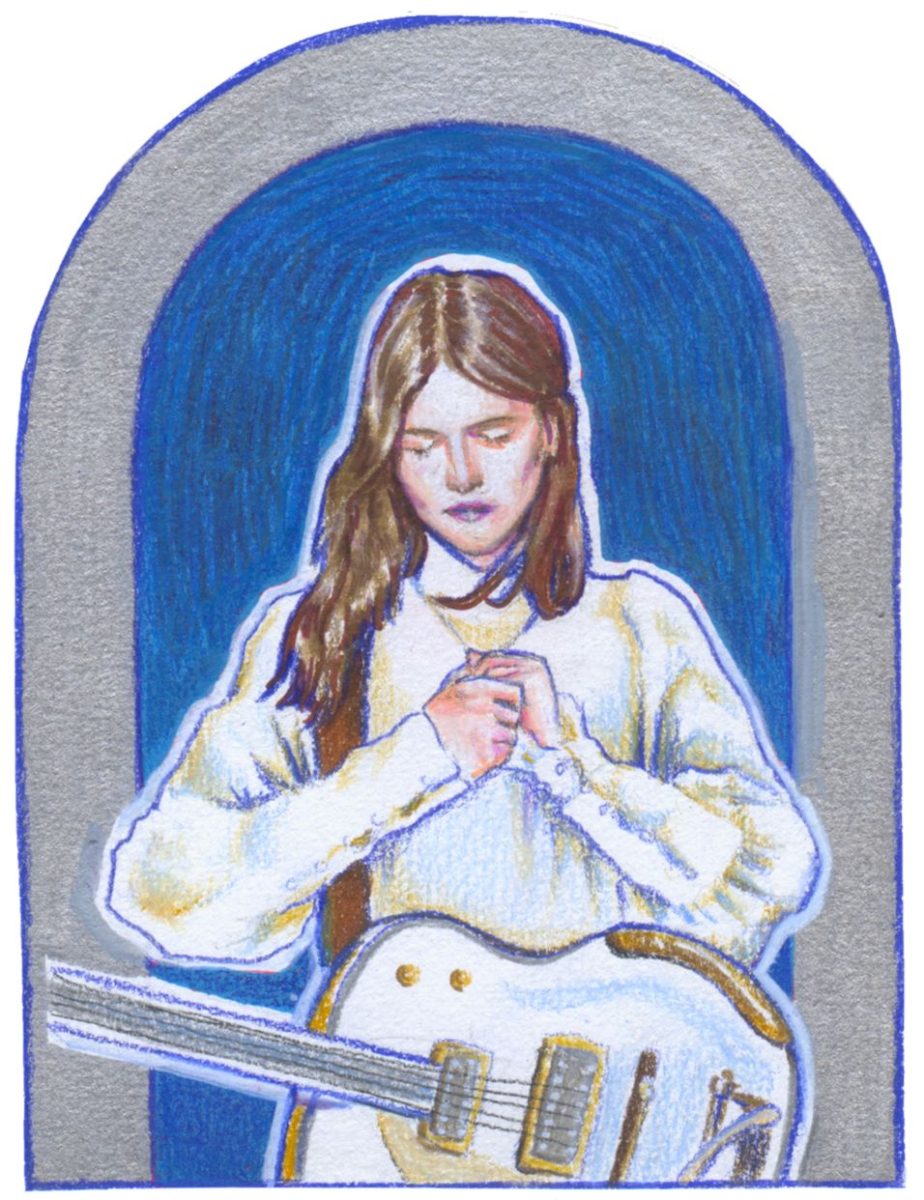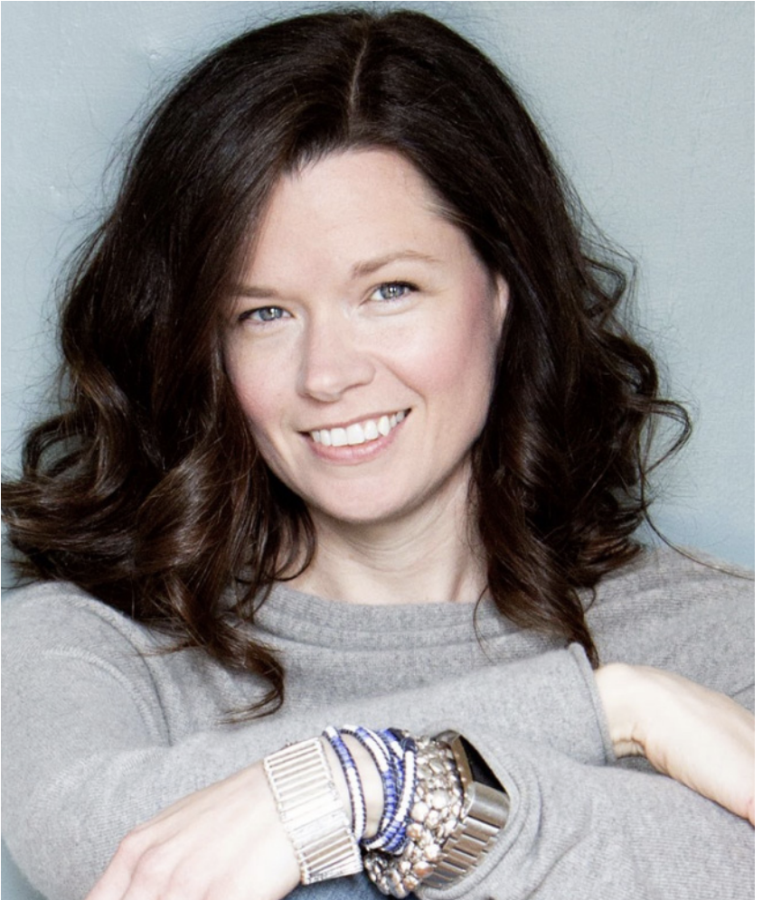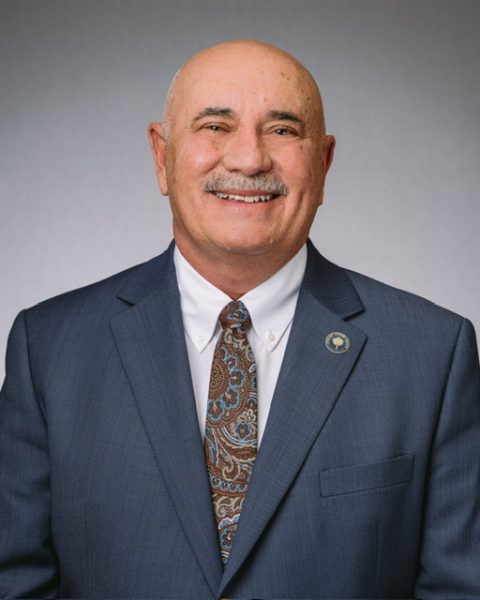Reconstructing philosophy
Courtesy of University of Mass. Lowell
Presenter Carol Hay, a philosophy professor at University of Massachusetts Lowell
The Jackson Family Center for Ethics and Values presented “Making Sense of the Sexist History of Philosophy” with Carol Hay, a philosopher and professor at the University of Massachusetts Lowell.
Graduate student and Assistant Director for the Jackson Center Johann Thorne said he spoke with Hay before her presentation about feminism and its connotation in the South.
“I identify to some extent as a feminist philosopher and literature writer but I’m not very open about that because people, especially at this school, will criticize that,” Thorne said.
Hay said philosophy is historically sexist, homophobic, transphobic, colonialist and ableist, and the philosophers who laid the groundwork for these ideas should be held accountable. She said Immanuel Kant, a well-known philosopher whose work is commonly taught in philosophy courses, embodied many of these old-fashioned values.
She said in order to properly teach and understand the history of philosophy, professors and other philosophers must acknowledge his faults and wrongdoings, as well as his more impactful insights. She said more people are beginning to realize that his claims can be reconstructed and used for more radical purposes, even if he did not intend for this change.
“If we’re going to rationally reconstruct Kant,” she said, “we should start caring less about what Kant has to offer feminism, and more about what feminism has to offer Kant.”
She said there are two strategies for reconstruction, one being apologists, and the other being radicals. She said apologists want to ignore Kant’s sexist and racist beliefs and only focus on the morally correct claims, whereas the radicals believe his offensive viewpoints must be acknowledged and revised.
Additionally, Hay said her views used to align more with the apologists, but since writing her book “Kantianism, Liberalism, and Feminism: Resisting Oppression,” she has a more radical way of thinking.
“The more I come to appreciate how brilliant Kant was, the less inclined I am to give him a pass,” she said.
Hay said she believes it’s important for people to know what Kant believed and stood for when learning about his theories in order to better understand both him and philosophy as a whole.

I'm a senior communication major, and I was previously Assistant Editor– which we have split up into two positions continuing forward. The newspaper...






























